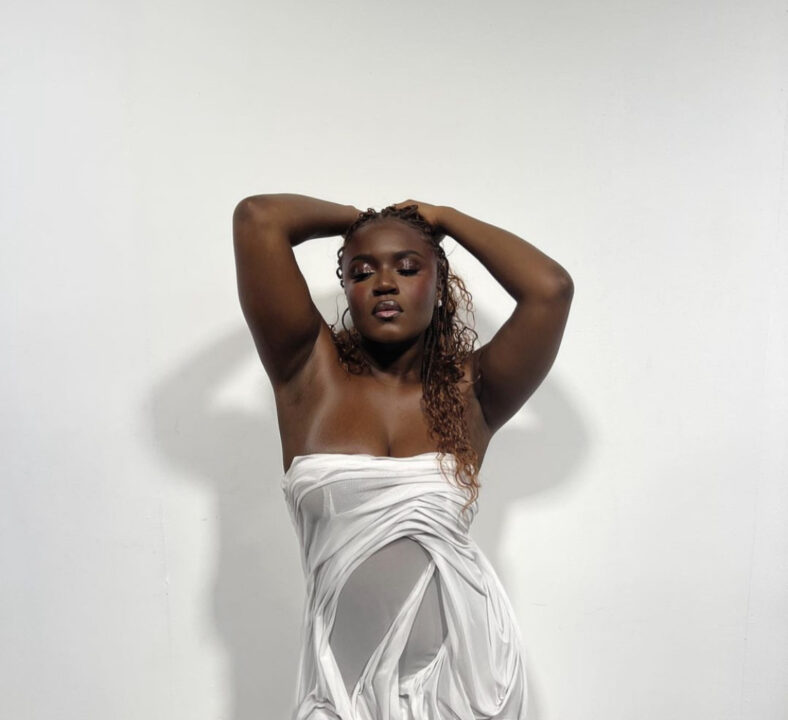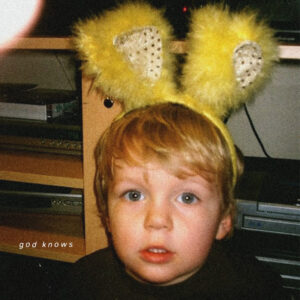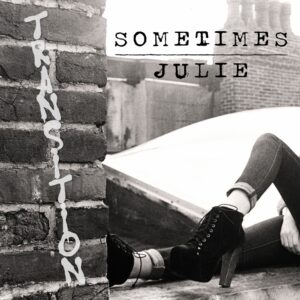AMAARAE BENDS AFROBEATS, R&B, & HIP HOP TO HER WILL ON BRILLIANT ‘FOUNTAIN BABY’
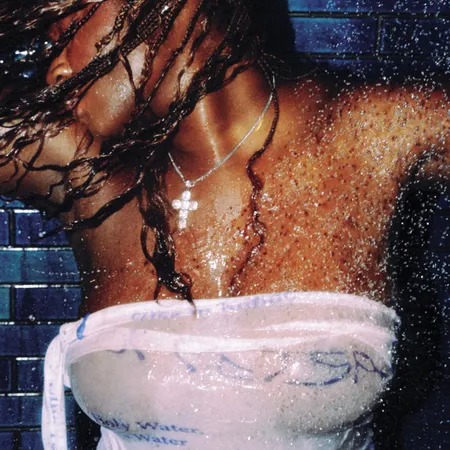
Through her captivating contributions, Amaarae pushes Afrobeats beyond its conventional bounds by mixing dashes of American pop and Caribbean dancehall. Traveling extensively throughout her life—from the East Coast to West Africa and other places in between—the Ghanaian singer, composer, and engineer has laid the groundwork for her self-described Afro-fusion works. She says Unorthodox Reviews, “I experiment with so many different elements, but if you pay attention, the drums are usually afro.” Amaarae’s flowing vocals are complimented by the avant-garde variations on Ghanaian percussion that dance across the genres of country, R&B, East & South Asian instruments, and more on her most recent album, Fountain Baby. She has a unique captivating impact that no one else in the field can match.
She defines a “fountain baby” as a bountiful Child of God, one whose cup overflowing with swagger and creativity, when asked what the term “fountain baby” means. On the album, she captures this feeling by fusing rock & roll with sensual ballads and fun party songs. Whether it’s an invitation to the club or the bedroom, Amaarae’s heavenly voice unites these disparate sounds and renders them harmonious and enticing. She says Unorthodox Reviews, “But it’s also straight love-making music; I just want people to have sex with my music.”
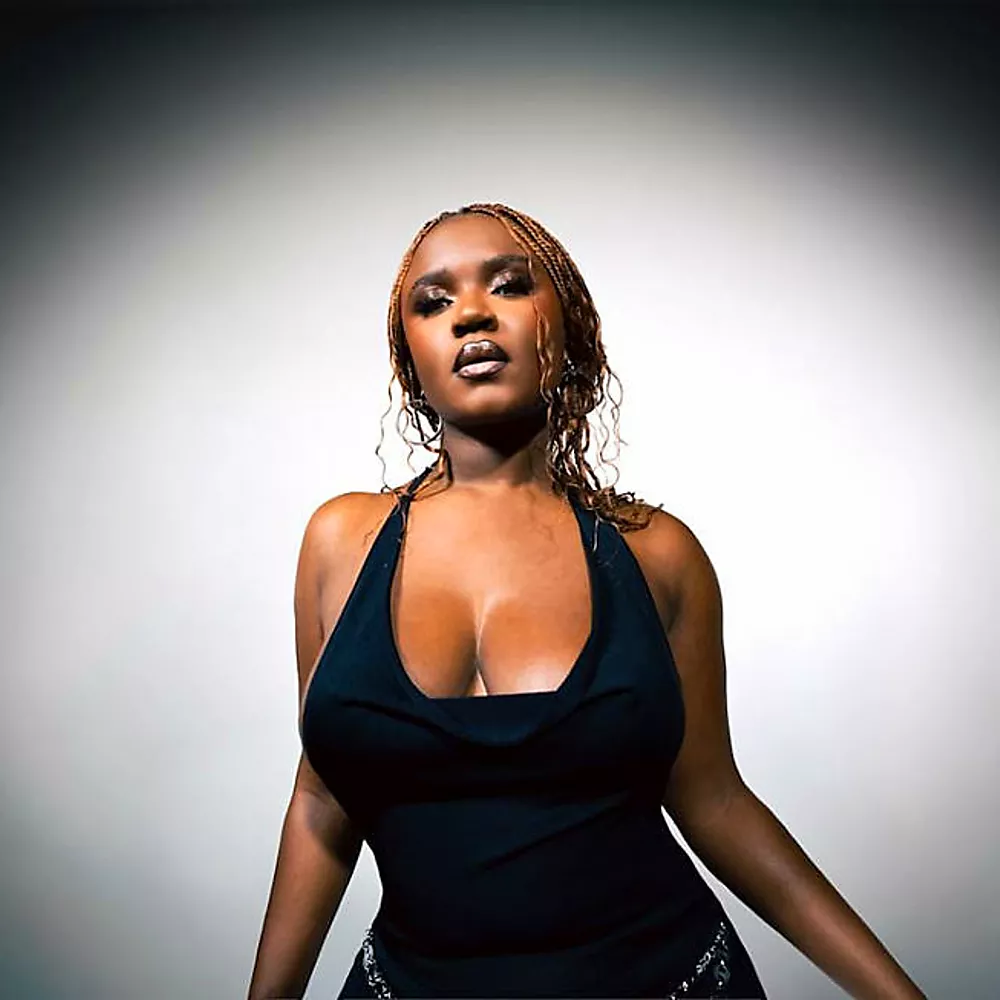
Using an attitude and confidence that can only come from a “fountain baby,” she creates a naturally sensuous ambiance rather than overdoing the attention-grabbing issue of sex. The majority of her bars discuss her financial prowess and elegant extensions of it, but she delivers them with assurance and elegance, creating a really alluring ambiance. An after-work argument between lovers at the late-night bar would be a natural setting for “Reckless and Sweet,” as the song’s title suggests. On “Wasted,” a song by Amaarae that has a similar vibe to “Reckless and Sweet” but with the addition of traditional Chinese stringed instruments and afro percussion, she makes rejection feel seductive.
“Counterfeit” demonstrates Amaarae’s skill at seamlessly incorporating South Asian instruments into her compositions. Her Ghanaian heritage makes the drumming natural. Her suburban New Jersey origins, however, shows through with the electrically pop-influenced snares and guitars on songs like “Sex, Violence, Suicide” and “Sociopathic Dance Queen.” With its explosive strobes, snug cowbell taps, and Amaarae’s mesmerizing plea “Take me out the streets,” “Princess Going Digital” is unquestionably the Fountain Baby standout. The song’s entirety exudes joy and fills a room with it. With its hazy lyrical outro and airy saxophone notes, “Aquamarine Luvs Ecstasy” likewise appears to suspend time. The song “Water From Wine” puts the finishing touches on Amaarae’s undeniable sex appeal and her capacity to up the pace of any event.
She incorporated components from other music cultures from an early age based only on intuition, dissecting the tropes and meaning of the word “Afrobeats,” as well as deviating from it entirely. After closely collaborating with musicians like AYL, Kay-Ara, and Yaw P in 2017, Amaarae came into her own in 2017 and released the 6-track EP Passionfruit Summers. What came next was the emergence of a gender-fluid persona in her music that extended beyond Earth. She unlocks an unexplored door in the hearts of Afrobeat and Worldwide lovers with her futuristic, almost robotic voice over Afro-pop songs like THE ANGEL YOU DON’T KNOW’s “SAD GIRLZ LUV MONEY” and “FANTASY.”
Her musical journey, which included the ambition to experiment with cliches from genres that hadn’t completely developed yet, came to a head with Fountain Baby. Amaarae manipulates Afrobeats to her whim, transforming the music of her background and the distinctiveness of what it means to be a Ghanaian female musician, much to how Hip Hop and R&B have been forced and twisted into a myriad of sounds that make the genres seep into all types of music.
She is prepared to venture into unexplored area and go beyond the limitations that Americans typically place on Afrobeats, all the while expanding the definition of dance music. Each song builds on the one before it to reintroduce a warm, natural vibe into mainstream modern dance music, whether she’s experimenting with rock groups (“Come Home to God”) or sticking loyal to Shekeres and goblet drums (“Big Steppa”) that form the foundation of Afro sounds.
